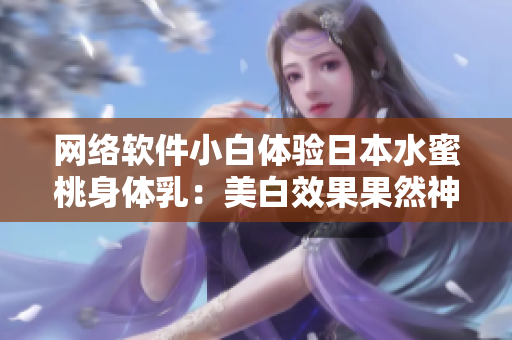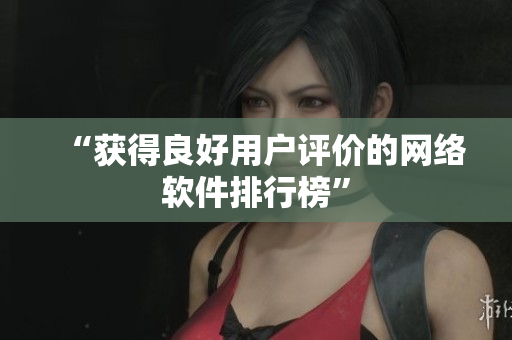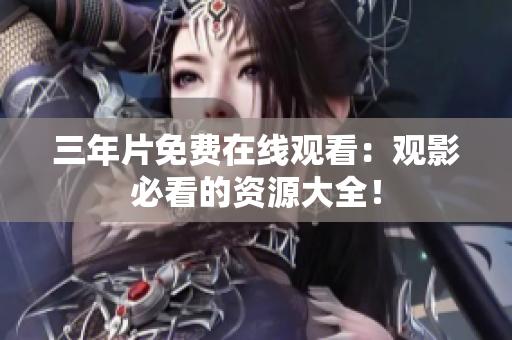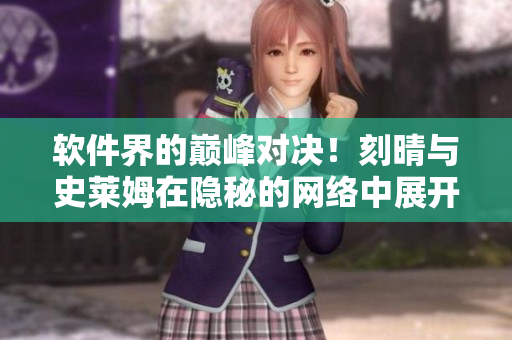Introduction
When it comes to top-tier Western art, there are countless masterpieces that come to mind. From da Vinci's Mona Lisa to Van Gogh's Starry Night, these works of creativity and ingenuity have stood the test of time and continue to captivate audiences today. However, in today's digital age, there are also new advancements, such as 5G technology, that are reshaping the way we experience art and media.
The Advancements of 5G Technology
With the introduction of 5G technology, data transmission speeds have increased significantly. This is having an impact of many areas of our lives, including the way we consume media and experience art. With 5G technology, we are now able to stream high definition videos, music and other content without buffering or lag, allowing us to fully immerse ourselves in the artistry and creativity of a particular piece.
The Challenges of Teaching English in C1 Classes
For many students, success in English classes is a top priority. However, for educators teaching C1 level classes, there can be a variety of challenges. These classes often require a higher level of engagement and comprehension on the part of the students, which can make it difficult to ensure that everyone is learning at the same pace. However, with the use of technology such as interactive online resources and personalized coaching, teachers can help their students develop the skills necessary to succeed in C1 level English.
Misconceptions about Using In-Game Purchases to Make Money
In recent years, the concept of in-game purchases has become increasingly popular in the gaming community. While some players may see this as an opportunity to make easy money, this is not necessarily the case. In-game purchases are often designed to help players unlock additional features or progress further in the game, and do not guarantee a return on investment. Instead, players should focus on honing their skills and developing strategies to win rather than relying solely on in-game purchases.
The Ethical Implications of Pressuring Students to Cheat
While it may be tempting to pressure students to cheat in order to achieve the desired outcome, this is not only unethical but also harmful to the students themselves. Cheating devalues the academic integrity of the student and may also lead to future consequences, such as losing scholarships or opportunities for advancement. Instead, educators should focus on promoting a strong sense of ethics and integrity among their students, encouraging them to work hard and achieve success through honest means.
The Importance of Providing Quality Education in Southeast Asia
In many parts of Southeast Asia, access to quality education may be limited due to a variety of factors, such as lack of resources or language barriers. This can have a significant impact on the future success of these countries, as education is a key factor in economic and social development. Therefore, efforts should be made to provide high-quality education to students in these regions, regardless of their background or circumstances. This starts with ensuring that teachers have the resources they need to provide effective instruction, and that students have access to the tools and technology necessary to succeed in an ever-changing global context.
Conclusion
From the advancements of 5G technology to the ethical implications of cheating, these topics present complex issues that require careful consideration and thought. However, by working together and promoting a strong sense of ethics and integrity, we can ensure that students receive the quality education they deserve and that creators can continue to produce innovative and inspiring works of art.









